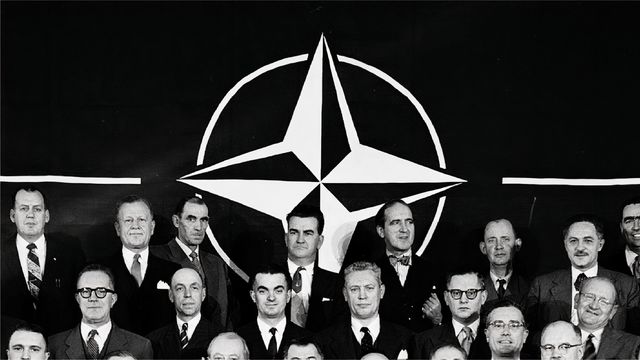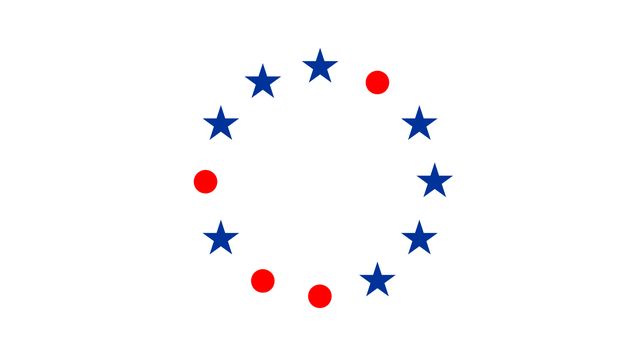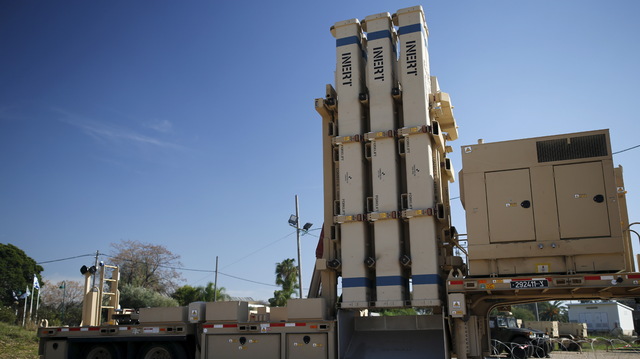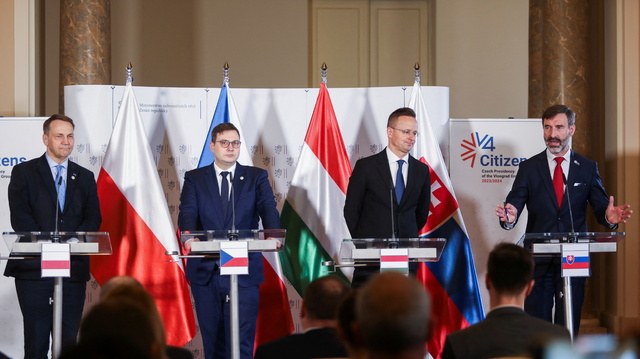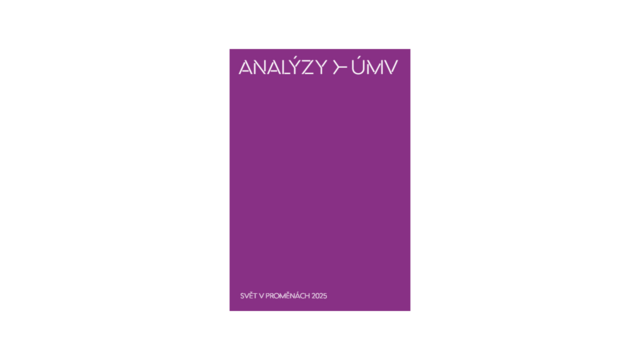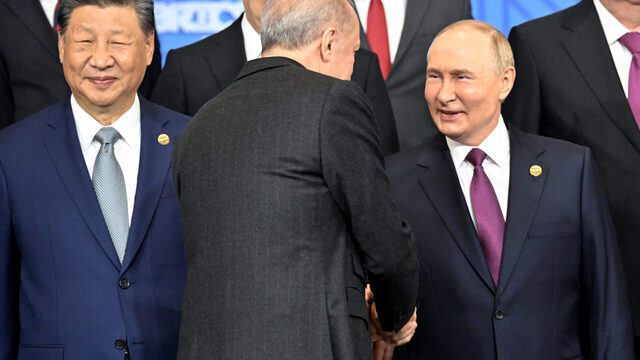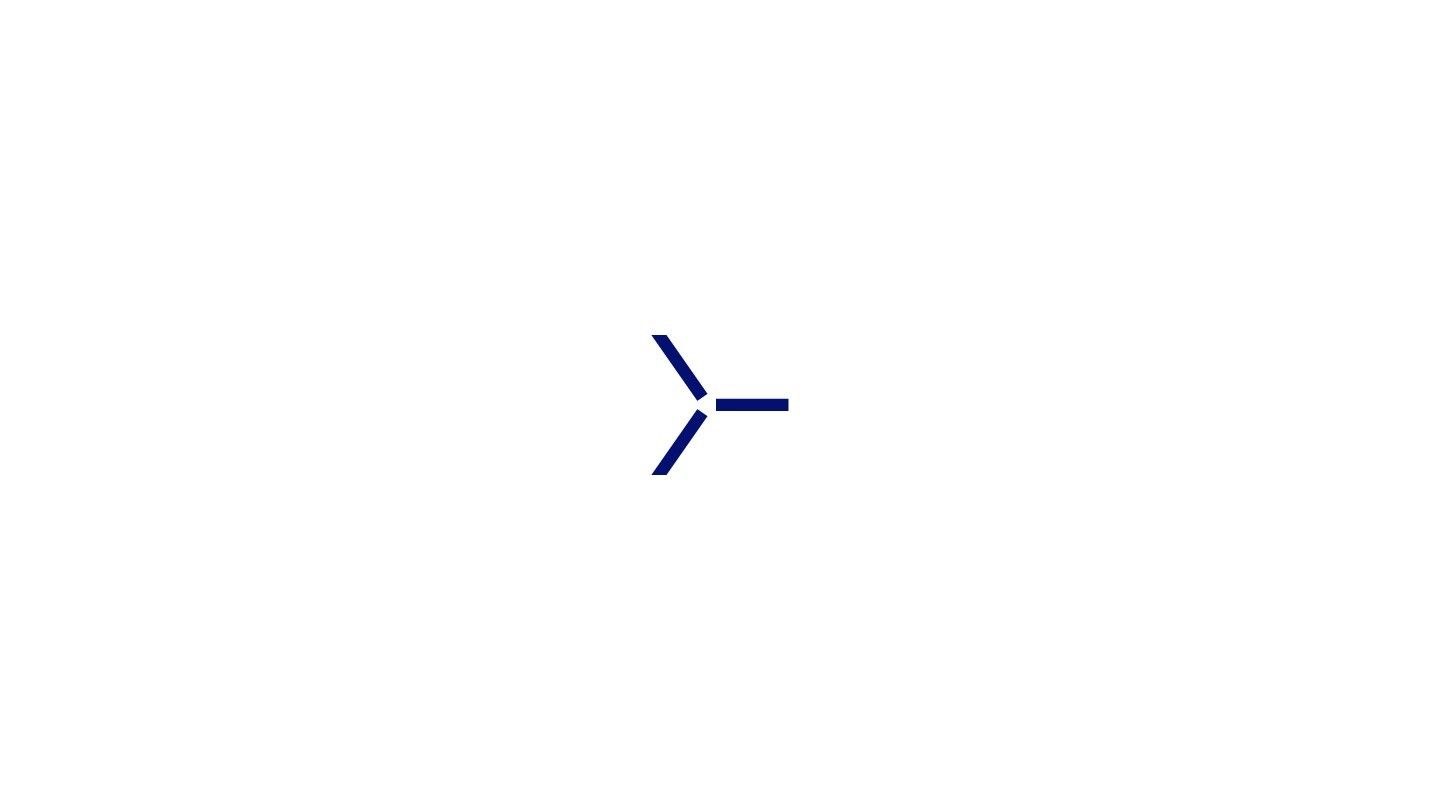
Unpredictability in Washington, Ambivalence in Brussels: The Visegrád Four and a European Security Order in Flux
The Institute of International Relations would like to cordially invite you to a lecture on Unpredictability in Washington, Ambivalence in Brussels: The Visegrád Four and a European Security Order in Flux. The lecture by Eoin Micheál McNamara, Think Visegrad Fellow at the IIR, will be taking place on 15 August at 17:00 at the IIR.
15. 8. 2019 (17:00)
Ústav mezinárodních vztahů, Nerudova 3, Praha 1
In 2004, the Visegrád Four (V4) – the Czech Republic, Hungary, Poland and Slovakia – fully completed their dual accession to EU and NATO membership. Many expected enhanced Europeanization in social, political and economic affairs and a strong Atlanticist direction in foreign policy to dominate government policy for the V4 states after 2004. However, from a 2019 standpoint, the narrative of stronger Euro-Atlantic integration has not been as linear for the V4 as some might have predicted. Euroscepticism has at times figured in the V4’s political development. Donald Trump’s election as US president in 2017 has brought a tumultuous outlook from Washington towards European security affairs. This has further complicated the V4’s Atlanticist foreign policy link. The V4’s strategic alliances with the EU and the US are in a stage of flux. With transatlantic turbulence in the background, the V4 continue to occupy an important strategic position within the wider European security order. This extends to the areas of military security; energy security; and the politics of integration in a fragile EU. Against the backdrop of these issues, this presentation will seek to examine three pertinent questions that centre on the current strategic position of the V4 within the wider European security order.
1. The Trump administration has sought a more equitable military burden-sharing relationship from America’s European allies. In what ways can increased defence facilitation and cooperation from the V4 contribute to the broader strengthening of security along NATO’s “Eastern flank”?
2. Policies concerning Russia have held a tendency to amplify strategic divergence between the V4, to what extent has Russia’s recent political, energy and economic influence weakened V4 unity in contributing to the EU’s foreign policy towards Moscow?
3. With some doubts thrown over NATO’s viability, an improved EU security and defence posture has been outlined as a prospective “hedge” against this. However, the sometimes less integrative political development trajectory taken by some V4 states has also created occasional unease with the EU. What effect (if any) does occasional political unease have on V4 engagement with EU defence initiatives such as PESCO?
Eoin Micheál McNamara (University of Tartu) will give you a comprehensive notion about current position of the V4 in context of European security order.
We are looking forward to meet you at the Institute of International Relations, Nerudova 3, Praha 1 on 15 August at 17:00.
Think Visegrad – V4 Think Tank Platform is a network for structured dialog on issues of strategic regional importance. The network analyzes key issues for the Visegrad Group (V4), and provides recommendations to the governments of V4 countries, the annual presidencies of the group, and the International Visegrad Fund. Think Visegrad covers thematic priorities of V4 including energy security, V4’s internal cohesion, EU institutions and politics, the Western Balkans, relations with Eastern Partnership countries, development assistance, hard security, environmental protection, Roma-related issues, migration, transport, etc.
